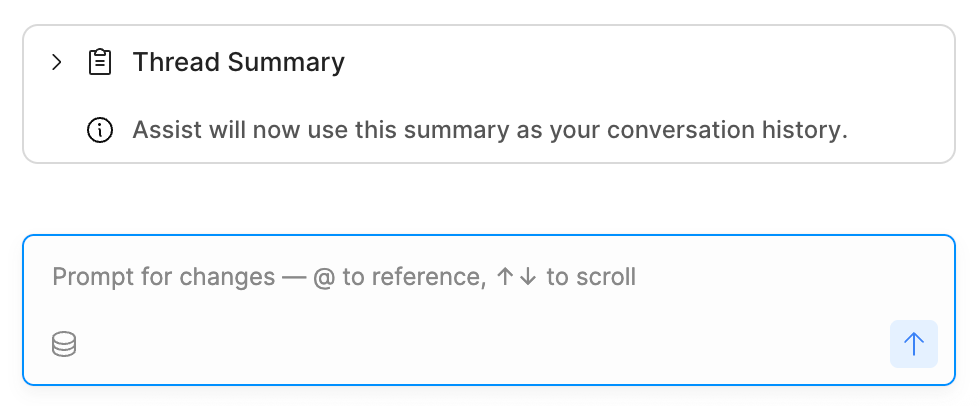Multi-instance releases for Source Control
Multi-instance releases are now generally available to cloud instances and self-hosted instances on version 3.330 or later, with support for both apps and workflows.
Organizations using Source Control can manage releases of protected apps and workflows across multiple deployment instances. This feature enables you to publish different release versions across instances, making it easy to test newer versions on staging or development instances before promoting to production.

